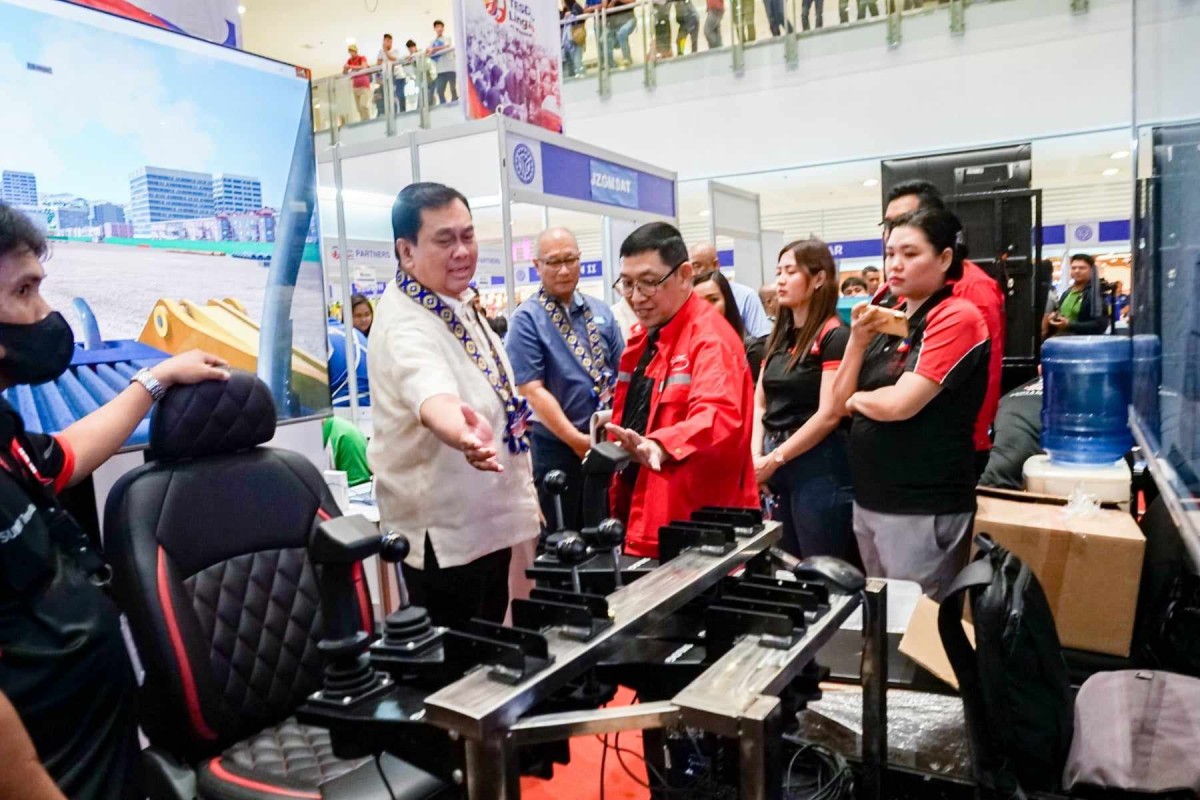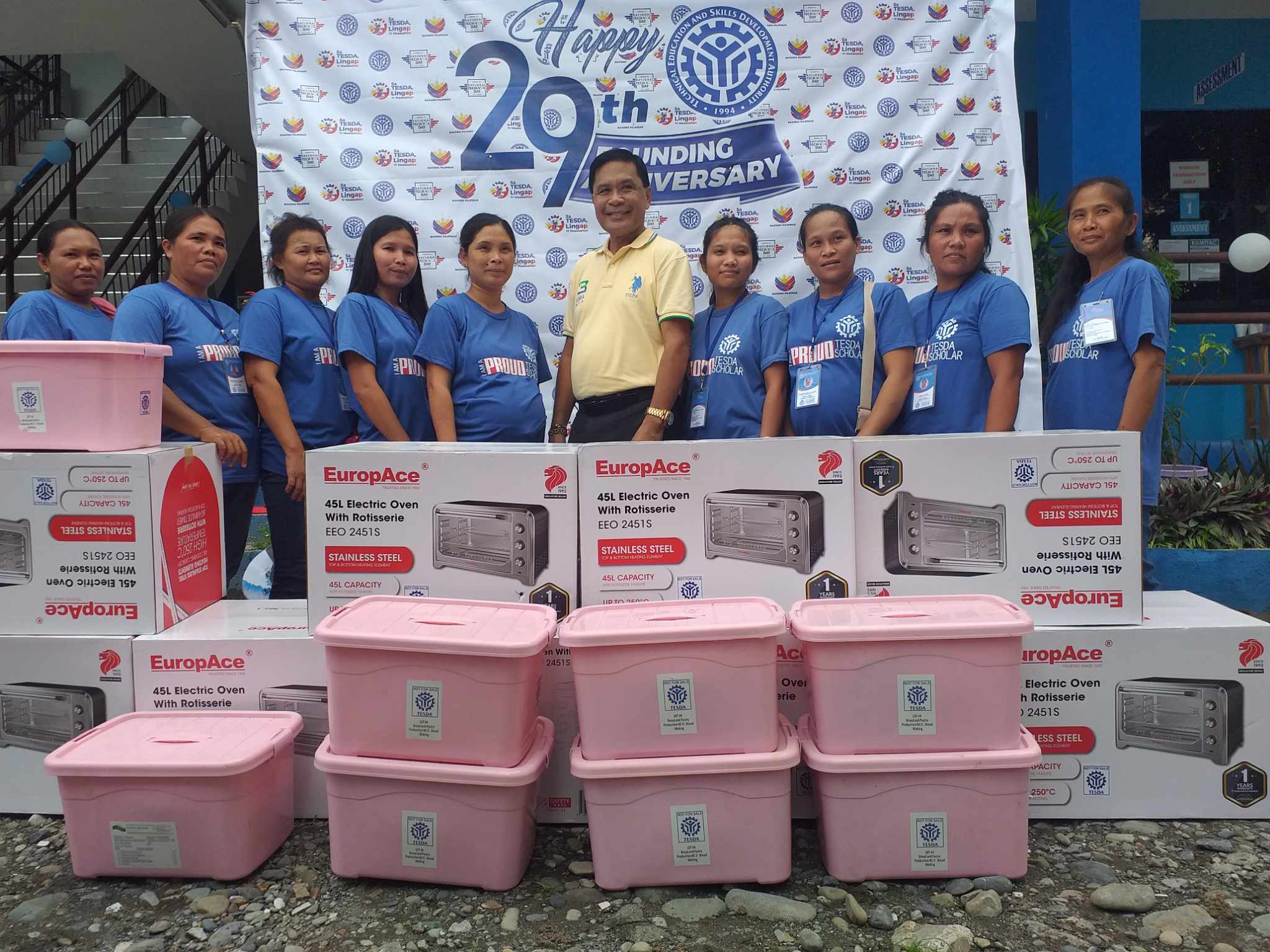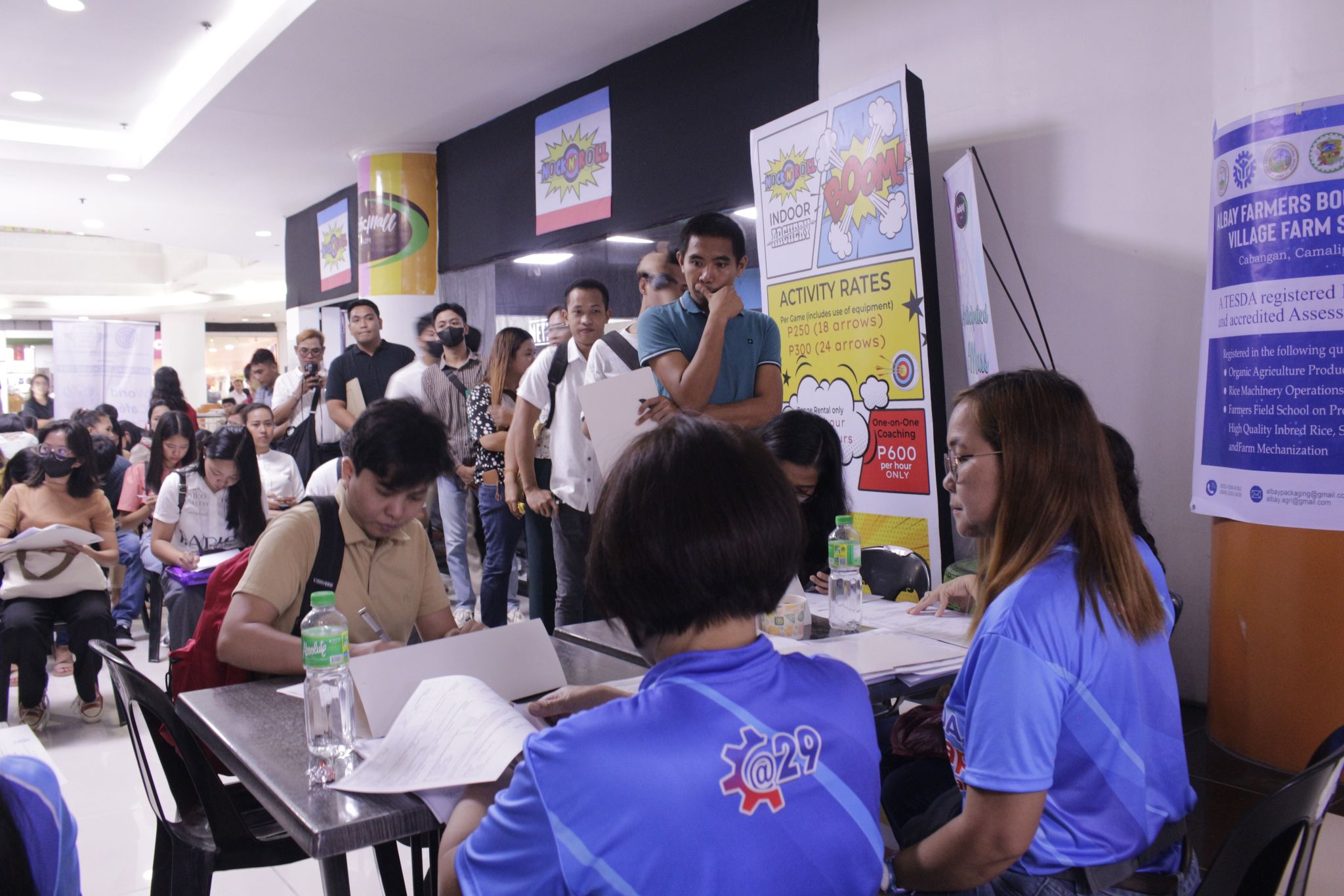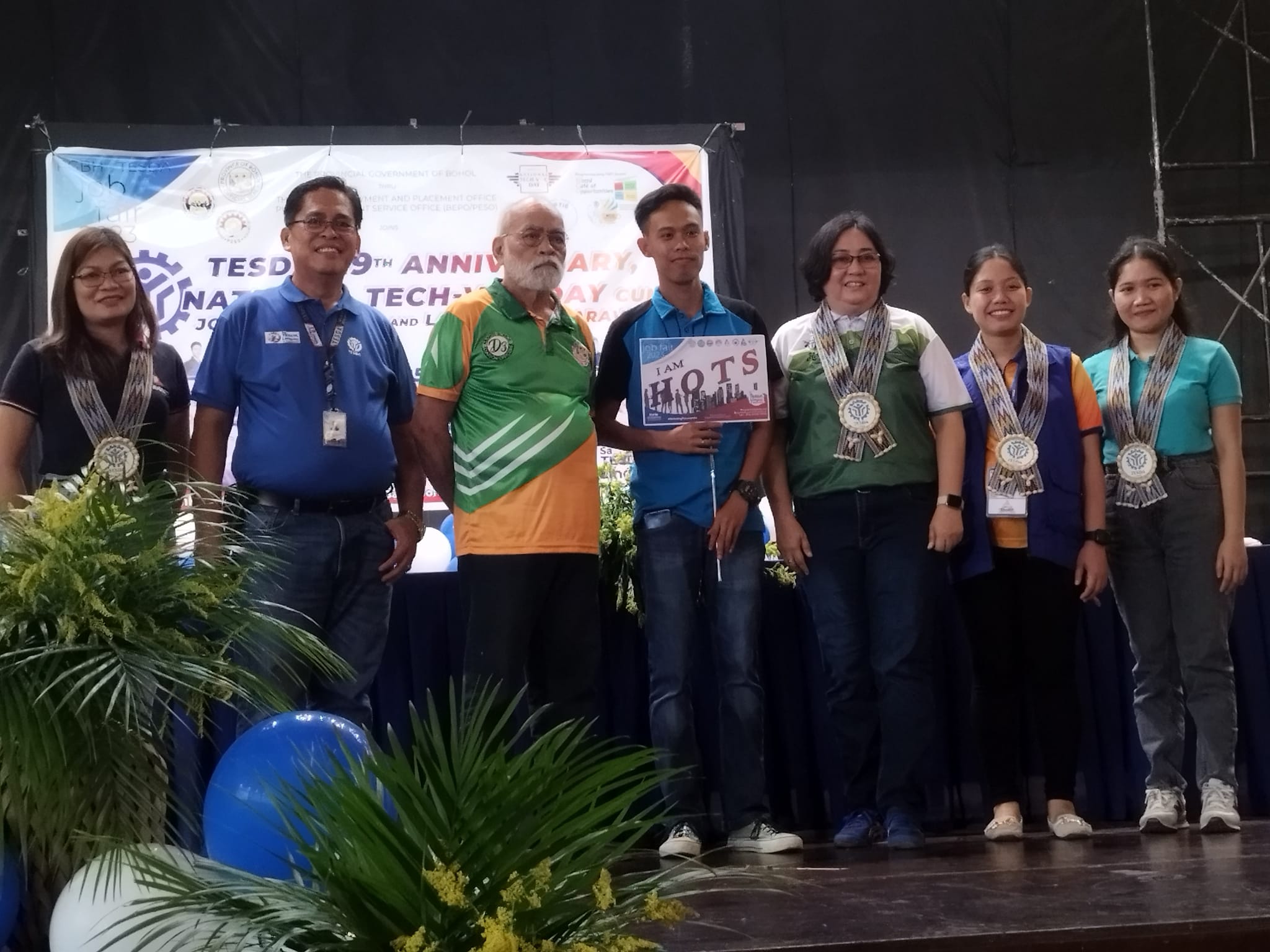TAGUIG CITY -- The Technical Education and Skills Development Authority (TESDA) formally launched the adoption of extended reality (or XR) technology in technical vocational education and training (TVET) in the country during a program held at the Megamall in Mandaluyong City last month.
This signals the use of XR for the delivery of TVET programs and in the conduct of competency assessments in the country. XR technology encompasses virtual reality (VR), augmented reality (AR), and mixed reality (MR) to offer learners a more immersive and interactive learning experience.
TESDA Secretary/Director General Suharto T. Mangudadatu declared that the adoption of XR technology in TVET is testament to the agency’s commitment to innovation and excellence in education, and encouraged more TVET providers to follow the examples set by early adapters of the technology.
“Let us seize this opportunity to reshape the landscape of skills development and empower our learners with the tools they need to succeed in a rapidly changing world,” said Secretary Mangudadatu in his message.
Also present during the event were International Labour Organization Country Director Khalid Hassan, Philippine Constructors Association President Engr. Ronaldo Elepaño Jr., and TESDA Deputy Directors General Rosanna Urdaneta, Aniceto Bertiz III, and Vidal Villanueva III.
During the launch, which was conducted as part of the agency’s 29th anniversary celebrations, an exhibit was held to showcase various applications of XR technology, particularly in heavy equipment operations training and assessment. This was done in cooperation with First Balfour Inc., FELTA Academy, Hytec Power Inc., Lincoln Electric, and TESDA’s Regional Training Center - NCR.
Seven successful candidates who underwent the first ever national assessment in Heavy Equipment Operations - Hydraulic Excavator in the country using XR technology also received their respective National Certificates during the event. The newly certified workers are employees of First Balfour, Inc. Their assessment was conducted last August 09, 2023 at the company’s facilities in Parañaque.
Early adaptors of XR technology in TVET were likewise recognized.
XR is the umbrella term for all the immersive technologies that “extend” an individual’s experience of reality by blending the virtual and “real” worlds. Use of this technology in training and assessment offers several benefits which include creating an enhanced, immersive and interactive learning environment, and improved safety in training as XR technology can be used to simulate hazardous scenarios in a controlled environment with reduce actual risks.
Further, XR technology can make training more cost effective, allow for better remote learning and collaboration, and can motivate students to actively participate in their learning, leading to better retention of knowledge and skills. (TESDA)







